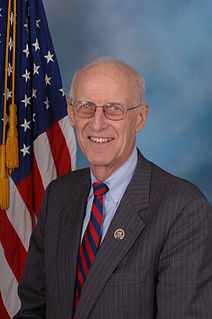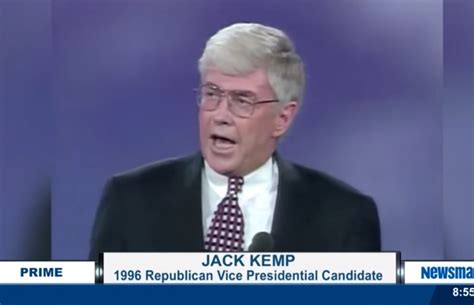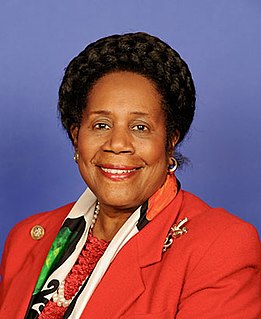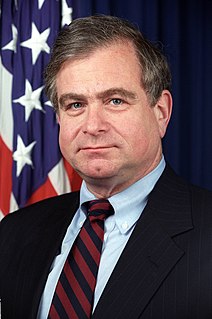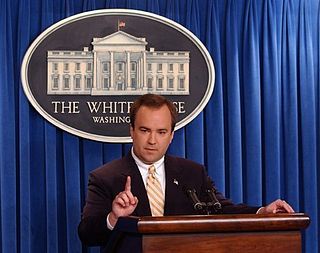A Quote by Louis Farrakhan
What President Bush did in his doctrine of preemptive strike and in his war in Afghanistan and in Iraq was to turn even his allies in Europe negatively toward America.
Related Quotes
Iraq was only the latest in a succession of countries. Earlier, there was Cuba, Nicaragua, Libya, Granada, Panama. But this time it wasn't just your ordinary brand of friendly neighborhood frenzy. It was frenzy with a purpose. It ushered in an old doctrine in a new bottle: the doctrine of preemptive strike, also known as the United States can do whatever the hell it wants, and that's official. The war against Iraq has been fought and won, and no weapons of mass destruction have been found, not even a little one.
Even if Bush could be forgiven for taking America, and much of the rest of the world, to war on false pretenses, and for misrepresenting the cost of the venture, there is no excuse for how he chose to finance it. His was the first war in history paid for entirely on credit. As America went into battle, with deficits already soaring from his 2001 tax cut, Bush decided to plunge ahead with yet another round of tax "relief" for the wealthy.
He was decisive and wholehearted in everything he did, so intent on the task at hand that he never looked over his shoulder, even if his cloak got caught in a thorny bush. When he did turn to speak to somebody, he used to swing his entire body and address him full face. When he shook hands, he was never the first to withdraw his own. He inspired such confidence that he was known as al-Amin, the Reliable One.




